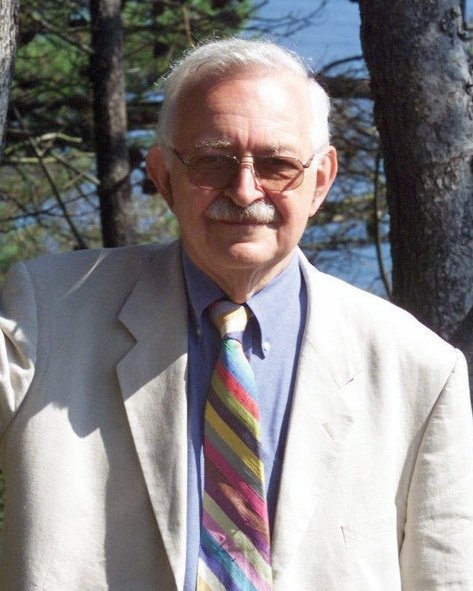Columbia College | Columbia University in the City of New York
Immanuel M. Wallerstein ’51, GSAS’59, Sociologist and Prolific Author
Immanuel M. Wallerstein ’51, GSAS’59, a sociologist who transformed the field with his ideas about Western domination of the modern world and the very nature of sociological inquiry, died on August 31, 2019, at his home in Branford, Conn. He was 88.
Wallerstein was born to German parents on September 28, 1930, in Manhattan and grew up in the Bronx. He served in the Army 1951–53, and earned a master’s in 1954 from GSAS. In 1955, the Ford Foundation awarded him a fellowship that allowed him to study in Africa; he continued to travel the continent after earning a Ph.D. in 1959, also from GSAS, and joining the Columbia faculty. Wallerstein wrote two books on Africa in the 1960s: Africa: The Politics of Independence and Africa: The Politics of Unity.

During Columbia’s Spring 1968 uprising, he was part of a faculty committee that sought to mediate the situation. Based on those experiences, as well as other events in that tumultuous year, Wallerstein wrote University in Turmoil: The Politics of Change, published in 1969. In 1971 he moved to Montreal to teach at McGill University, and then in 1976 became distinguished professor of sociology at SUNY Binghamton. He had been a senior research fellow at Yale University since 2000.
Wallerstein’s doctrine of the world-system became an influential theory in the field. In 1974 he published The Modern World-System I: Capitalist Agriculture and the Origins of the European World-Economy in the Sixteenth Century, the first of four volumes that took a broader sociological approach than was common at the time, favoring a global view that encompassed history and economic evolution.
World-systems analysis, as Wallerstein called his approach, occupied only a modest part of his scholarship. A 2011 book of essays on the impact of Wallerstein’s work, Immanuel Wallerstein and the Problem of the World, considered Africa’s influence on his thinking. “I had the gut feeling in the 1950s,” he wrote in The Essential Wallerstein (2000), “that the most important thing that was happening in the 20th-century world was the struggle to overcome the control by the Western world of the rest of the world.”
Wallerstein produced numerous other books, and also wrote on current events; in 2014 he delivered a lecture to more than 1,000 students in Iran, where his writings have been widely read.
A theme of activism ran through Wallerstein’s career and his writings. “I have argued that world-systems analysis is not a theory but a protest against neglected issues and deceptive epistemologies,” he wrote. He argued that no world-system lasts forever and that the current one is slowly disintegrating. For years he elaborated on these and other ideas on his website (iwallerstein.com). On July 1, 2019, he announced that day’s post was the 500th and last. He concluded by pondering the future, and whether the global change he predicted would come to pass: “I think there is a 50-50 chance that we’ll make it to transformatory change, but only 50-50.”
Wallerstein married Beatrice Friedman in 1964. In addition to her and his daughter, Katharine, he is survived by two children from his wife’s previous marriage, Susan Morgenstern and Robert Morgenstern, and five grandchildren.
Issue Contents
Published three times a year by Columbia College for alumni, students, faculty, parents and friends.
Columbia Alumni Center
622 W. 113th St., MC 4530, 6th Fl.
New York, NY 10025
212-851-7852
cct@columbia.edu
Columbia Alumni Center
622 W. 113th St., MC 4530, 4th Fl.
New York, NY 10025
212-851-7488
ccalumni@columbia.edu

